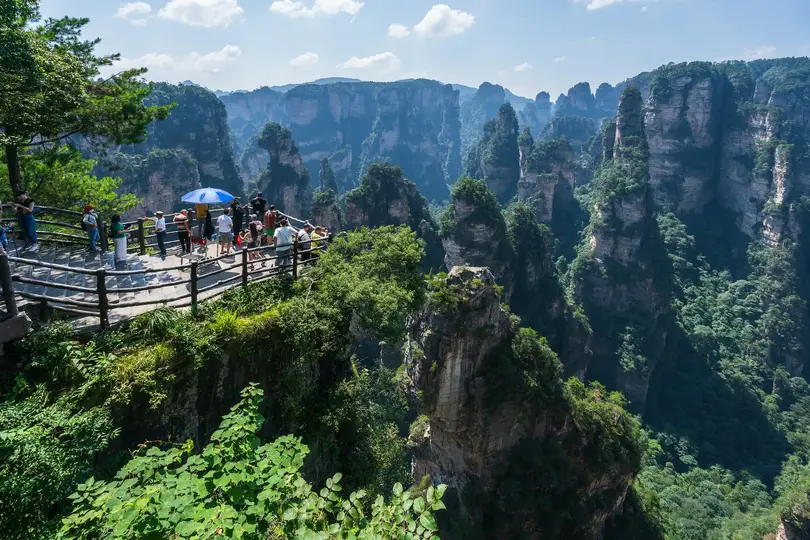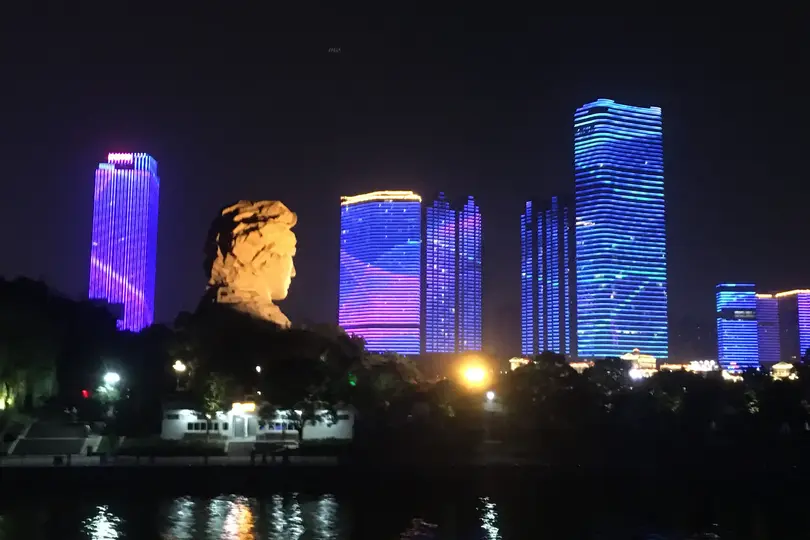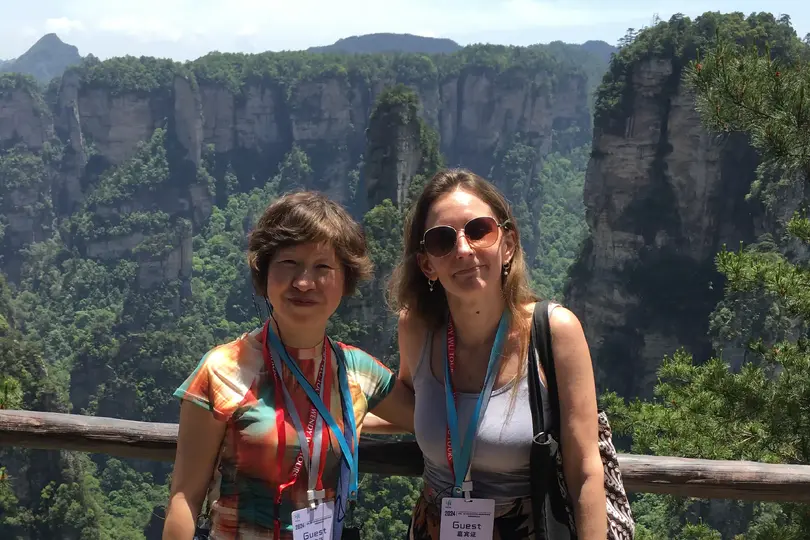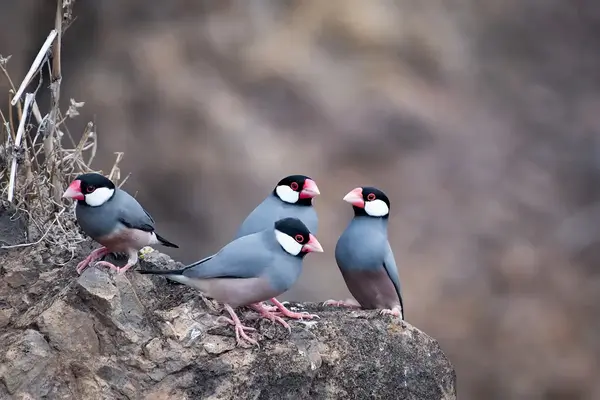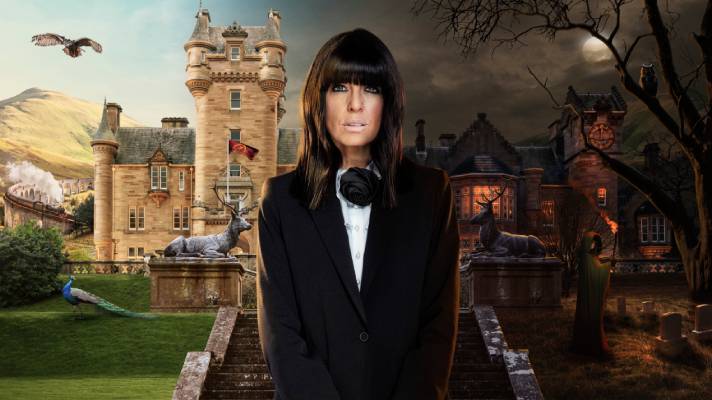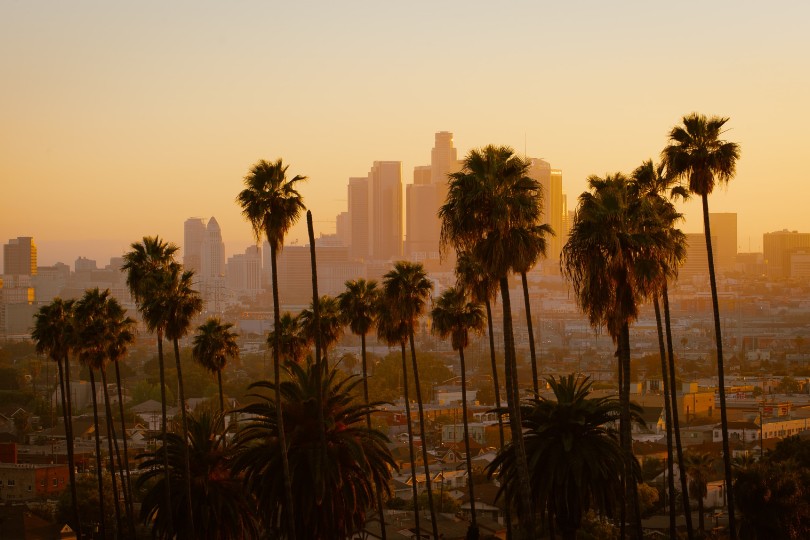The tour that takes your clients in through China's back door to its heart
Destination expert Wendy Wu has designed a bespoke itinerary that showcases lesser-known highlights in China – Zhangjiajie National Forest Park, inspiration for the film Avatar, and the intriguing city of Changsha – and we joined agents on this journey of discovery

“It’s one of my favourite regions in China,” says Wendy Wu as we perch on a wall gazing up the 999 steps to Heaven’s Gate on the slopes of mystical Tianmen Mountain. “The combination of culture and natural beauty is the reason I love to bring travellers here.” It’s quite an endorsement from Wu who knows her homeland inside-out, and I’m blown away by the itinerary she has crafted to little-known Changsha and Zhangjiajie in Hunan province.
Mysterious China, seemingly cut off from the world for half a decade, reopened to international tourists only last year, and Wendy Wu was the first tour operator to return. Most people have heard of Beijing and Shanghai, the Great Wall and the Terracotta Warriors, but I was entering the country through the backdoor to drop right into the heart of authentic China.
Light culture
As Mao’s birthplace, our start-point in the compact subtropical city of Changsha is dotted with surprising pockets of China’s heritage and culture, though at first glance it appears to be a thoroughly modern metropolis of skyscrapers and wide avenues. The clearest monument to China’s most famous leader is a sphinx-like landmark on Mandarin island in the centre of the Xiangjiang river that runs through the city. Mao immortalised the island in a poem and I catch my first glimpse of his 82-metre-high uplit head peeping back at me at night on a sightseeing cruise, as the rest of Changsha’s high-rise skyline suddenly erupts into a dazzling co-ordinated light show that apparently happens every evening at 7:30pm.
My next surprise appears inside a dark opening next to a gleaming mall in the former old district of Changsha. A time-warp of dark distressed alleys and neon signs known as Yong Yuan Street leads ever upwards past steaming street food stalls to a traditional Hunan restaurant called Wenheyou that’s extremely popular with locals. Intended to recreate the grittier, more authentic Changsha of the 1980s, we’re presented with a malange of dishes to try with no names – gelatin concoctions and beef rind skewers, spicy edamame and plates piled high with crayfish. Very popular with locals, tourists are advised to book a table in the early evening well in advance, though it’s possible to show up, stroll around and purchase some to-go snacks from the various nooks spread over seven storeys and ride the vintage monorail up top.
An important cultural institution for the entire region, Hunan Museum is another unexpected delight. Opened in 2016, it houses three floors of exhibition space anchored by an amazingly-well executed exhibition of excavations of a perfectly-preserved 2000-year-old Han dynasty tomb. The content of the tomb slowly unfolds through rooms stuffed with fine artefacts including printed silks, wooden figurines, musical instruments and lacquered boxes showing clear threads of Chinese culture and design running through to the present day. The finale is a replica of the original ziggurat-shaped tomb illuminated in a sound and light show, before I descend the stairs to peer gingerly down into the crypt where the preserved mummy now rests.
Wild heart
From Changsha, we take a modern bullet train to the fabled scenic wonderland of Zhangjiajie and the other-worldly 200-metre-high quartzite pinnacles, canyons and fairy tale peaks that inspired the movie Avatar. But with place names like Yumeng Fairy Peak, Coiling Dragon Cliff, Crouching Dragon Ridge and Cloud-Cyan Rock, it instantly puts me in mind of 2000 movie Crouching Tiger, Hidden Dragon, which was filmed in Zhejiang further east. In fact, the tall and graceful single-drop Qifeng Waterfall was the fictional TV home of the Monkey King in Chinese TV series Monkey, making it the region’s number one attraction for domestic tourists.
Aside from visitor centres and viewing platforms, I quickly realize that China has a talent for upgrading its natural assets with novel enhancements like see-through walkways, glass bridges and elevators, hidden mountain escalators and slides, zip-lines and bungees. Not for vertigo-sufferers, it’s all perfectly maintained and managed for the flurry of tourists that descend on them each day. Between the odd adrenalin rush, I float peacefully between peaks on cable cars including the longest in the world that transports me 4.5 miles from downtown and plants me at the top of Tianmen Mountain, close to the world’s highest natural rock arch, Heaven’s Gate.
The pinnacle of our time in Zhangjiajie, Tianmen takes the area’s highlights and rolls them into one – offering mesmerizing vistas, a precipitous 430-metre-long glass skywalk, a leviathan staircase leading from Heaven’s Gate, and an amphitheatre set into the mountainside with one of the most magical stage shows I have ever seen. We return on our final night to see the slopes illuminated for a performance of the Fairy Fox Tale about a hunted magical creature who takes her revenge by enchanting local men. The staging includes a stilted village, floating sets, dancing fountains, and spectacular lighting and projections that are fittingly bewitching.
Wendy Wu really was right – for a first-time visitor, the trip is a perfect snapshot of China’s distinctive culture and epic landscapes away from the typical tourist hotspots. It feels like discovering a hidden world, but it’s super-easy to visit with Hainan Airline’s direct flights to Hunan from Heathrow.
Book it: Wendy Wu Tours’ new 12-day China Revealed: Shanghai to Zhangjiajie private tour visits Changsha and Zhangjiajie with the added highlights of Chengdu’s giant pandas and Shanghai’s urban delights, from £4,190pp, including direct flights, four-star hotels, transfers, admission to attractions and some meals. wendywutours.co.uk
China snapshot
Smarter: The entrance fee to Zhangjiajie National Forest Park includes four days of unlimited access to Tianzi Mountain Nature Reserve plus Yangjiajie, Yuanjiajie and Huangshizhai Yellowstone Village scenic areas. Bundle tickets include the three cable cars and glass elevator. The Grand Canyon and Glass Bridge is a separate attraction.
Better: With so many attractions spread out around the Zhangjiajie area, a private guided tour (offered by Wendy Wu) with transportation and fast-track tickets to avoid the queues is the most seamless way to navigate the area and the crowds.
Fairer: China’s bullet trains are a fast, green and effective way to explore Hunan. The direct high-speed link from Changsha to Zhangjiajie opened at the end of 2019, and the fastest G6423 train completes the 200-mile journey in two hours and 35 minutes.
Trade Talk
Matt Phillips, co-owner Travel Chaps: “It’s a place I’d never heard of, and we’ve only just scratched the surface. China is a country of firsts and it goes big, and we’ve seen that on this trip with the world’s longest cable car, the longest, highest glass bridge, the spectacular lights and shows, and epic scenery. I’d definitely recommend it to clients, and I’m already planning my next trip.”
Julia Askam, independent agent at Flitch Travel: “The tour of Hunan has been breathtaking, unexpected and so much more than I thought. I think the region appeals to a much wider client base than I’d have imagined before coming here – the ease of travel makes it good for families and older people, while young and adventurous types would love it too. It has so much to offer visitors – amazing museums and stunning shows, the people are so friendly and the landscapes are out of this world.”
